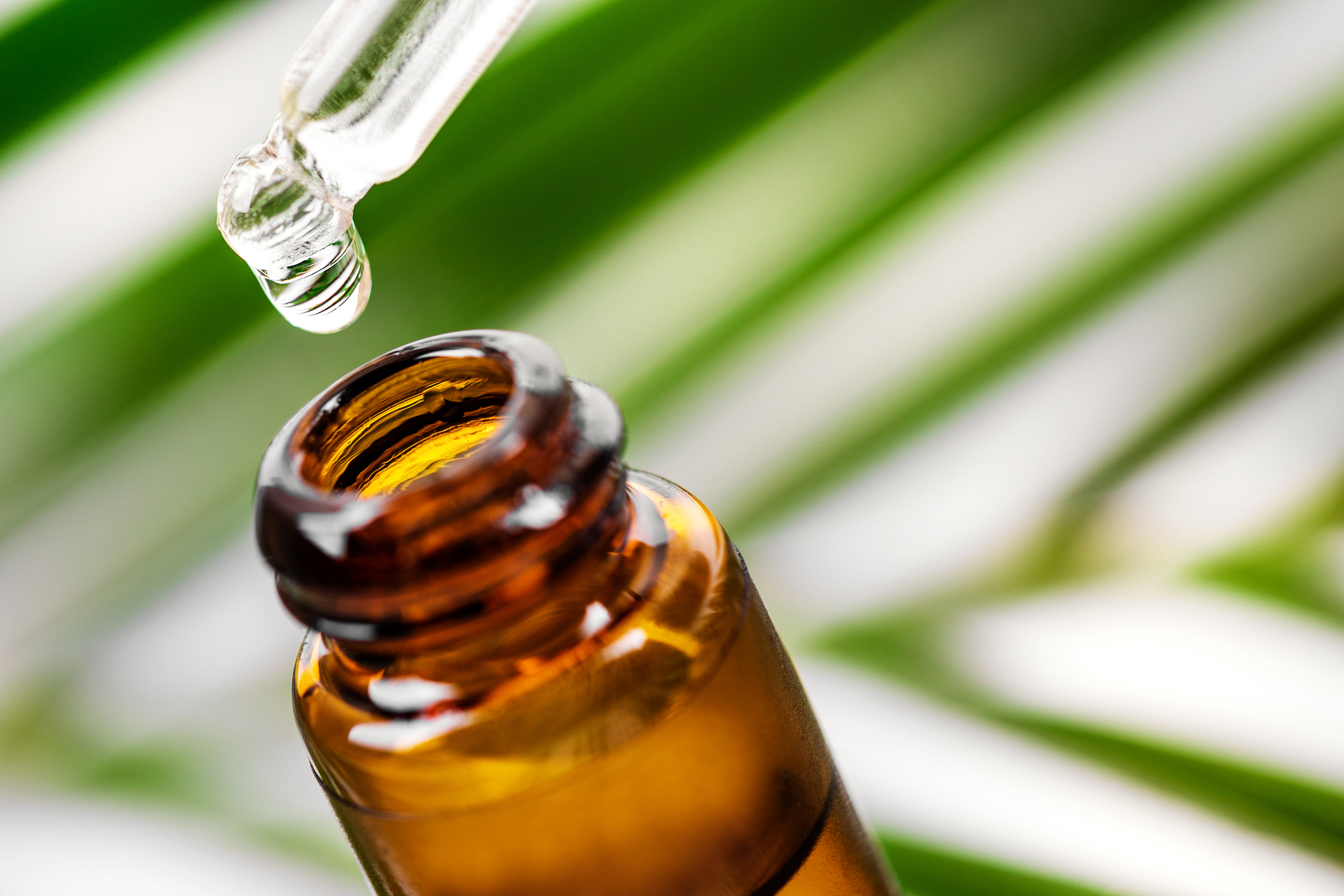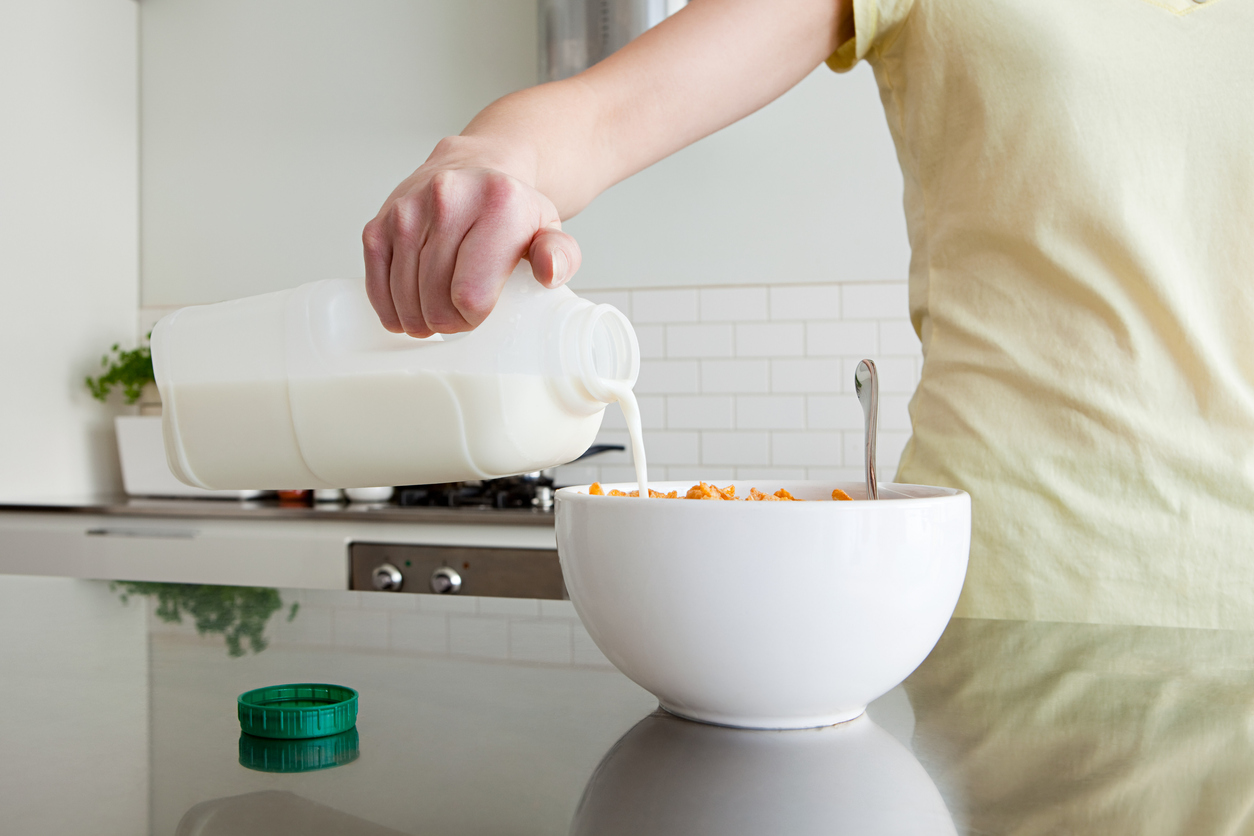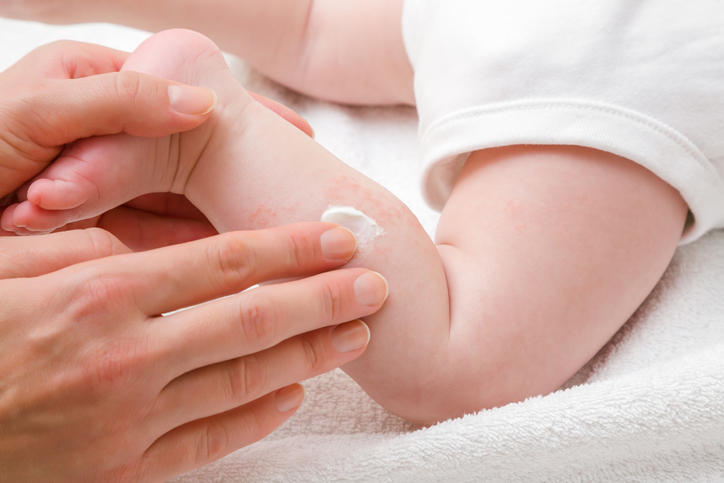Although natural or ‘complementary’ treatments can’t cure eczema, they may help you to control the condition when used alongside conventional treatments such as steroid creams and moisturising lotions.
Evidence for the effectiveness of natural remedies in treating eczema is often limited. However you may find it worthwhile trying different treatments to see if any of them help to prevent flare-ups or improve the condition of your skin if you do experience an outbreak.
Here are 7 natural treatments that may help you to manage your eczema.
Sunflower seed oil
Sunflower seed oil has been shown to reduce inflammation, strengthen the skin barrier and protect the skin by acting as a natural moisturiser and having a hydrating effect.
Some studies suggest that sunflower seed oil can be beneficial for people with dry skin conditions like eczema, but more research is needed.
It’s also important to note that some studies have shown natural oils to have a negative impact on the skin barrier. One study, which focused on olive oil, found this, and concluded that applying olive oil to the skin may even make symptoms of atopic dermatitis worse.
Tea tree oil
This essential oil is often used to help with skin complaints, and is widely available to buy in health food shops.
A review into the use of tea tree as a treatment for the skin found the oil had antimicrobial and anti-inflammatory properties that may help with eczema. It was also found to help speed up the healing process, which may be useful if your eczema becomes infected.

Bleach bath
Dilute bleach baths may reduce the risk of developing infections on patches of eczema by killing harmful bacteria (such as staphylococcus aureus) on the skin. They may also help to reduce inflammation generally and the risk of future flare-ups.
To try this safely, fill your bath full with lukewarm water, then add 150ml (half a cup) of pure household bleach and mix it with the water. Don’t add anything else to your bath. Soak for around 10 to 15 minutes, but no longer. While you’re in the bleach bath, make sure you keep your face out of the water.
When you get out of the bath, rinse yourself with clean, warm water before drying and applying your usual moisturiser.
Dietary changes
A link between eczema flare-ups and exposure to certain foods has long been established, and an estimated 1 in 3 people with moderate to severe atopic eczema are known to have food allergies.
Foods known to cause allergic reactions - and potentially lead to a flare-up of eczema - include peanuts, cow’s milk, wheat, eggs, chocolate and gluten.
These foods can cause an immune system reaction in some people, causing the skin to become inflamed. As eczema is an inflammatory condition, a reaction to 1 of these allergens can make eczema symptoms worse.
However, even though these foods may contribute to inflammation in some people with atopic eczema, there is currently not enough evidence to suggest that excluding them from your diet will help to improve eczema symptoms.

Chinese herbal medicine
In traditional Chinese medicine, a combination of creams, teas and baths are used to calm the immune system.
Some studies suggest it may be effective in relieving symptoms of eczema in both adults and children, but more research is needed.
If you’re thinking of trying Chinese herbal medicine as a treatment for eczema, speak to a doctor first.
Relaxation therapies
Stress can make eczema worse, while eczema can also cause stress. You may be able to minimise flare-ups by finding ways to manage stress.
Practising deep breathing, meditation, massage, mindfulness and yoga can all be effective at promoting a sense of calm and helping to ease tension or stress.
Aromatherapy, which uses plant extracts as a form of healing, can also be useful. The scent of essential oils has been shown to promote calm and wellbeing.
However, it’s advised to patch test any oils you are planning to use on your inner arm for 5 days first to check that your skin doesn’t react to it.
Eczema and natural remedies
While the natural treatments suggested may help your eczema, they should generally be used alongside more conventional treatments to help keep symptoms under control.
Always see a doctor before trying 1 of these natural remedies to avoid any adverse interactions with your treatment plan.



